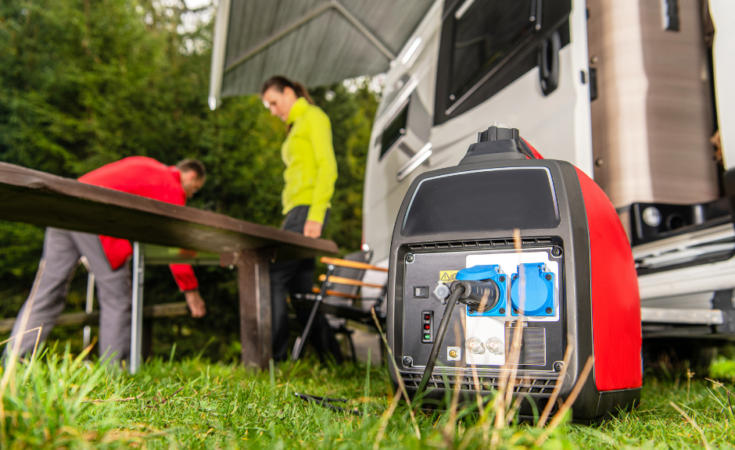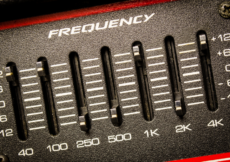Is your generator noisy? You are not alone. Many people have generators at their homes in case of an emergency, power outage or camping trip, but often they are too loud to use and end up sitting in the garage for years untouched.
Fortunately, we have compiled a guide below all about generators, including what could be making yours noisy and what DIY tricks you can use to quieten it. We’ll lead you through some simple steps you can take to lower the decibel level or yours, allowing you to use your generator whenever and wherever. Keep reading on to find out more on how to quiet a generator.
The Benefits Of A Generator
Generators are becoming more and more common, with so much of the country experiencing natural disasters and power outages. A generator can bring relief during these troubling times, and knowing you have a way to power essential appliances in your home no matter what is always a good idea.
Generators can also be very useful if you enjoy camping or go away in your RV. It is becoming more and more difficult to be without power even for a few days, and a generator will allow you to keep connected with the outside world even when you are away on vacation.
Even if you don’t think you have a specific use for a generator, having one in your garage that can be used from time to time or in an emergency is always a good idea. This way, you won’t be caught out and will be prepared no matter what.
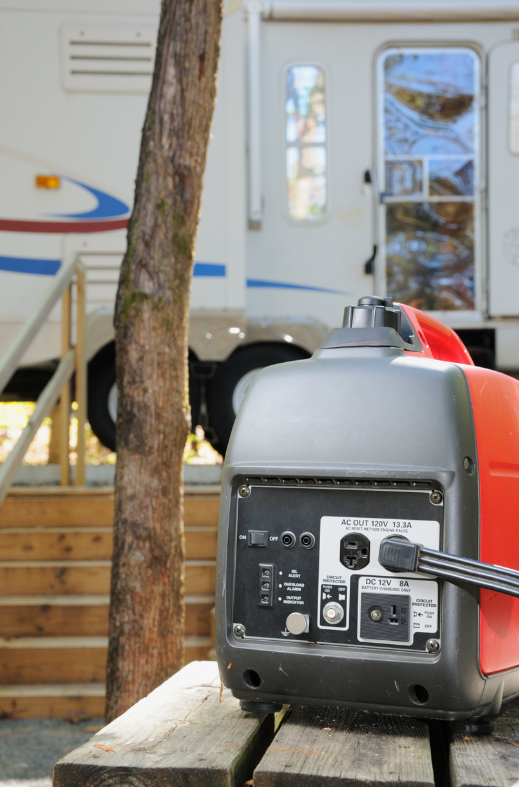
Why Are Generators So Loud?
The two main factors that contribute to the amount of noise a generator produces are the way it was built, and the way you are using it.
First of all, your generator might be loud simply because it was built that way. The larger the generator, the more noise it is going to make because it will have a stronger engine that uses more watts. There are different types of generators too, with some being smaller and quieter, such as inverter generators.
The type of fuel your generator runs on can affect the noise level produced. Gas generators are much quieter than diesel powered generators. Solar and propane ones are also fairly quiet. Don’t forget about the price, too — the more you are willing to pay for a generator, the better quality it will be and more likely it is to be quiet.
The way you’re using your generator can also affect the noise level. For example, you might not have placed your generator far enough away, or you may have pointed the exhaust pipe horizontally. You may also have placed it on a hard surface that is reverberating the sound produced, instead of a soft surface.
Fortunately, in this article, we are going to take you through some ways in which you can change the way you use your generator that will lead to it operating at a much quieter level.
Understanding Decibels
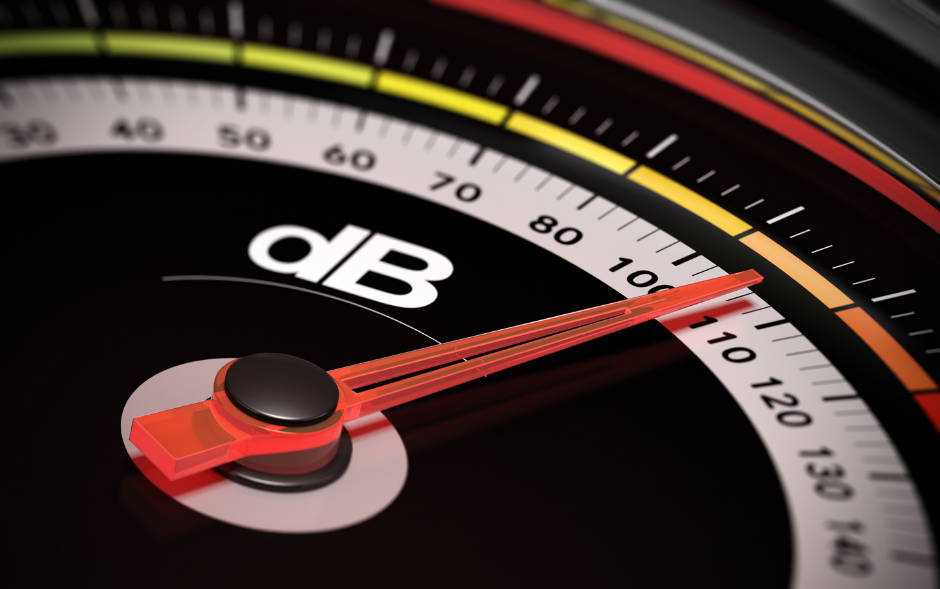
The general rule is that the cheaper your generator is, the louder it is likely to operate. A generator usually ranges between 60 and 90 decibels, but some can be as loud as 100 dB. A generator that operates at a level of 60 to 70 decibels will be around as loud as a vacuum cleaner or dishwasher, which may be manageable for a short amount of time, but not if you are listening to it constantly!
Your generator will likely come with its own decibel rating. Most manufacturers measure the generator noise from approximately 23 feet (7 meters) away.
If you would like to understand more about decibels, here are some common sounds and their decibel ratings:
• 0 dB — The hearing threshold
• 10 dB — Normal breathing
• 20 dB — Leaves rustling
• 30 dB — Whispering
• 40 dB — Quiet Library
• 60 dB — Moderate rainfall
• 70 dB — Vacuum cleaner
• 80 dB — Alarm clock
• 90 dB — Hairdryer
• 110 dB — Concerts
• 120 dB — Planes during take off
• 130 dB — Ambulances
• 140 dB — Fireworks
• 160 dB — Shotgun
• 180 dB — Rocket launch
Why Might A Loud Generator Be A Problem?
The chances are you don’t use your generator every day, only when there’s an emergency and the power is out, or you need to deliver power somewhere. When the power is out and you’re feeling frustrated, the last thing you need when you turn on your generator is for it to start making an irritating noise!
You may also use a generator when you are travelling or camping. Generators can be very useful at giving you a way to charge your devices, or use lights so you can see, but you do run the risk of annoying all the other campers around you if your generator is loud! A noisy generator could also disturb wildlife, which is definitely something you don’t want to do.
Fortunately, there are ways to quieten your generator, so let’s take a look at some of the options below.
How To Quiet A Generator
There are a number of different ways to help make your generator quiet. Here are some of the most popular options.
Move Your Generator
This sounds simple, but moving your generator further away from your house will help with the noise! While it won’t quieten your generator, the further you move it from your house, the less you will hear it. Most generator manufacturers recommend that you place your generator at least 20 feet away from your house, and this is usually the distance that a decibel reading it given at, too.
Build A Soundproof Generator Box
A soundproof generator box is a box or container that you place your generator inside of to help quieten it. You can either buy or build one of these. A generator box is usually made out of wood, and then you can soundproof the inside and outside with Mass Loaded Vinyl (MLV) and foam mats. There are different types of generator boxes, and the one you choose will depend on how often you use your generator.
This is one of the easiest ways to quieten your generator, and a generator box will help to protect your generator from the elements, too. If you’d like to learn more about generator boxes or building one yourself, check out our article all about it here.
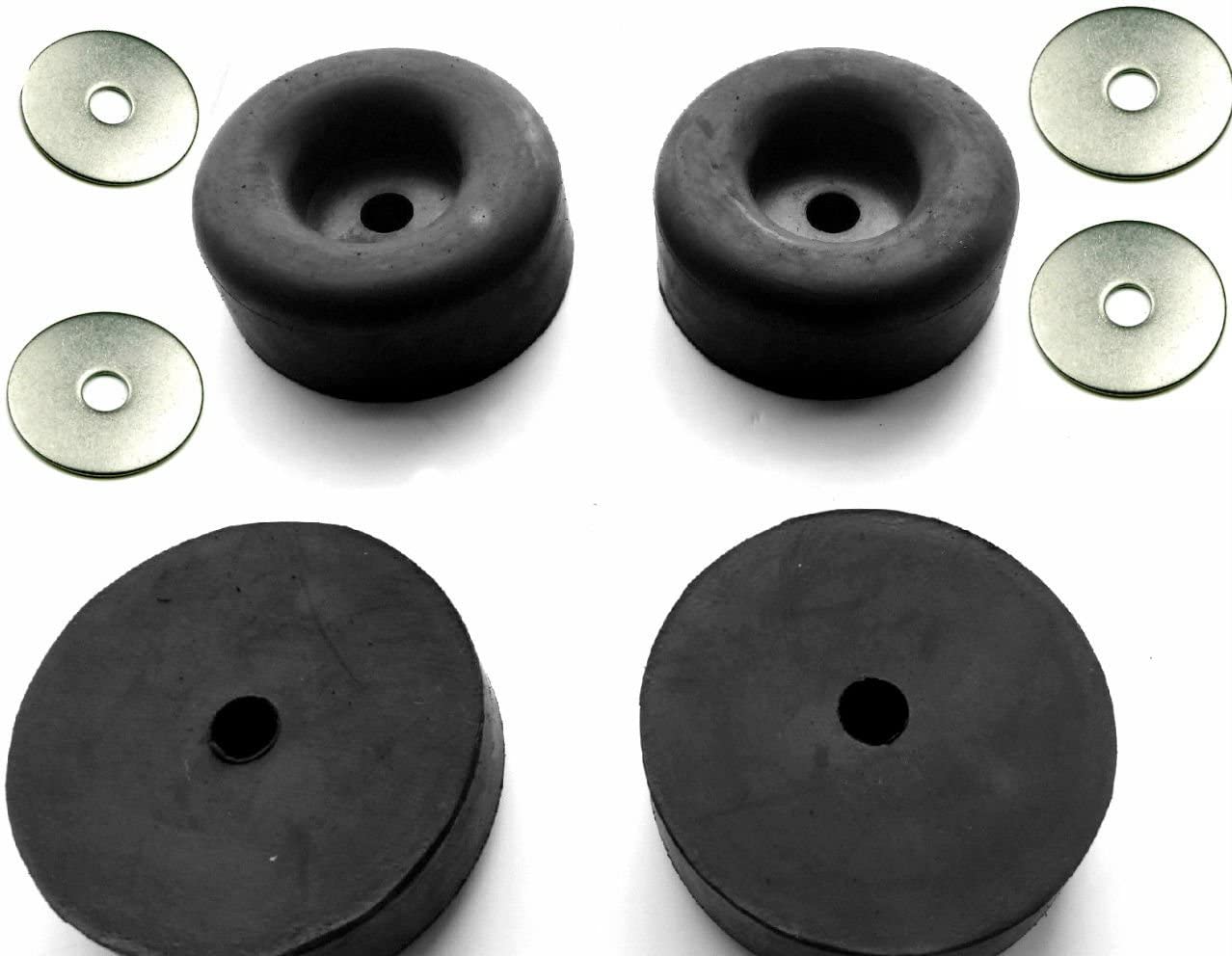
Use Rubber Feet
Generators are usually placed on hard surfaces and, as they run, they vibrate against the hard surface and cause noise. Adding rubber feet to the generator or putting the generator on top of a rubber mat can help to absorb these vibrations, and therefore your generator will run quieter. If you don’t have a rubber mat, you can place your generator on grass or dirt, which will also help to absorb the noise.
Choose The Right Size Of Generator
The larger the generator, the more noise it is going to make. Therefore, if you don’t need a massive generator, buy a smaller one that suits your power needs. Not only will this cost a lot less to run, but it will also be a lot quieter. We go into more detail below about choosing the right generator for your needs.
Point The Exhaust Pipes Vertically
The exhaust pipe is one of the nosiest parts of a generator, and most generators have them pointing horizontally. If you can, bend the exhaust pipe so it points vertically. This will mean the smoke will be released into the air, and will lessen any echos. If this isn’t possible, point the exhaust pipe in the opposite direction to your house.
Use A Muffler
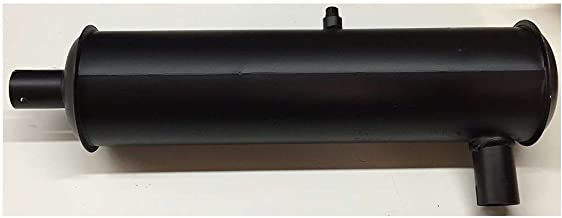
It is likely that your generator already has a muffler, but if it doesn’t, you can add one. You can use a generator silencer, which can be found on Amazon. You can also use an automotive muffler to muffle the sound of your portable generator. While this can be a bit tricky, with a muffler you can quieten your generator by around 10-15 decibels.
If your generator already has a muffler yet is still making a very loud noise, it may be that your generator’s muffler is broken. If you suspect your muffler is broken, take your generator to a repairman. They will be able to advise you on how to replace it in relation to the generator’s specific model.
Use A Bucket Of Water
If you don’t have a muffler, you can use a bucket of water instead! All you will need is a 5 gallon bucket of water, a hose and a clamp that will hold the hose to the generator’s exhaust pipe.
Use the clamp to connect the hose to your generator’s exhaust pipe. Then place the other end of the hose in the bucket of water, and the exhaust will end up in the bucket of water instead of in the air. This can quieten your generator by around 5-7 decibels.
How To Choose A Quiet Generator
The easiest way to ensure that your generator is going to be quiet is by buying a quiet one in the first place! Here are some tips on how to choose a quiet generator:
Power
Generally, the smaller the generator, the quieter it is going to be. If you just need a generator from time to time, or are using it for times when you need to charge your phone when you are camping, you’re not going to need a very big generator.
A small generator is usually considered one to be under 4,000 watts. With a generator of this size, you should be able to use it as you need it, without it making too much of a loud sound.
Muffler
Some generators come with a muffler built in, and this can certainly be something to look out for if you want a quieter generator. While you can attach a muffler to a generator that doesn’t have one, buying one that has a muffler already attached will help to reassure you that it is going to be quieter while operating.
Price
Certain brands are known for manufacturing generators, such as Yamaha and Honda. While these generators can be more expensive than ones produced by lesser known brands, you know you are getting a quality generator. A higher quality generator is more likely to be quiet because all the parts are well-built. Not to mention, a quiet generator can be an investment that lasts you a long time, and you can trust these brands that your generator is not going to break after the first few uses.
So, while you might want to get a cheap generator for emergencies, spending a bit more cash can ensure that it is quieter and is of better quality long term.
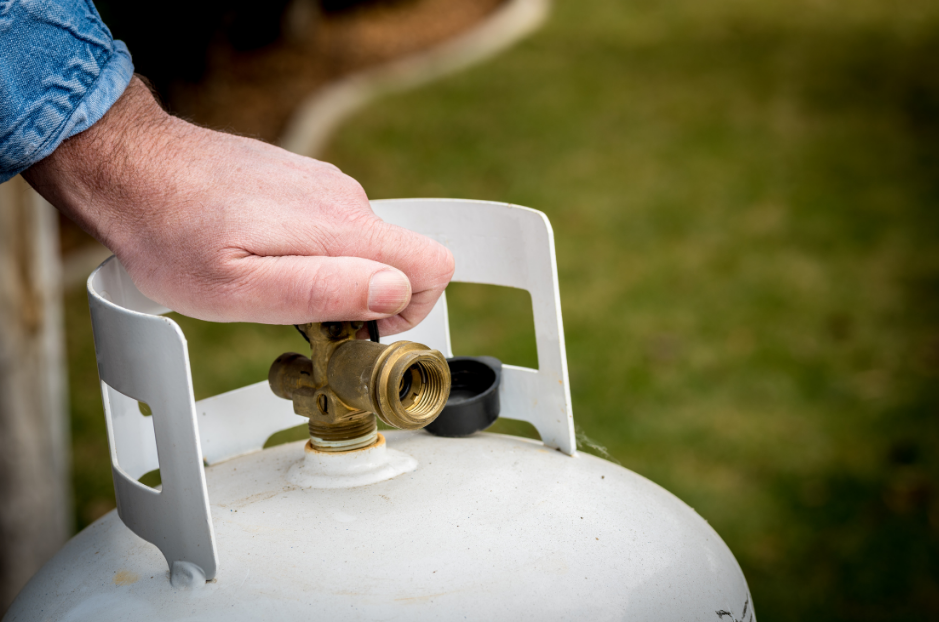
Fuel
The type of fuel your generator runs on can affect how noisy it is. Gas and propane generators are generally quieter than diesel generators, although there are diesel ones being produced now that operate quietly. The type of fuel you choose also affects how much your generator costs to run, as well as how light and transportable it is. However, if you’re looking for a quiet one, we recommend a gas generator.
Decibel Rating
Almost all generators will come with a decibel rating that will state what level the generator will operate at. We recommend you look for one that operates between 50 to 60 decibels if you want a quiet one. A standard generator will usually run at around 75 decibels.
Generator FAQs
How much airflow does a generator need?
A generator needs around 65 cubic feet per minute (CFM) per 1000 watts. This is around 650 CFM for generators less than 10,000 watts.
Should I cover my generator when it is raining?
Yes, you should. Always check the manufacturers instructions, but it is advised that you cover the generator but still leave room for enough airflow.
How far away from the house should I put my portable generator?
It is recommenced that you place your generator around 20 feet away from your house. This is around 7 meters.
How To Quiet A Generator: Summary
There are a number of different ways in which you can go about soundproofing your generator, and we hope this article has been useful in helping with the issue. One important thing to remember is that you are never going to be able to completely silence your generator, but there are methods out there that can massively help with noise reduction. These should hopefully give you the opportunity to use your generator without disrupting your neighbors or go camping without disturbing fellow campers!

